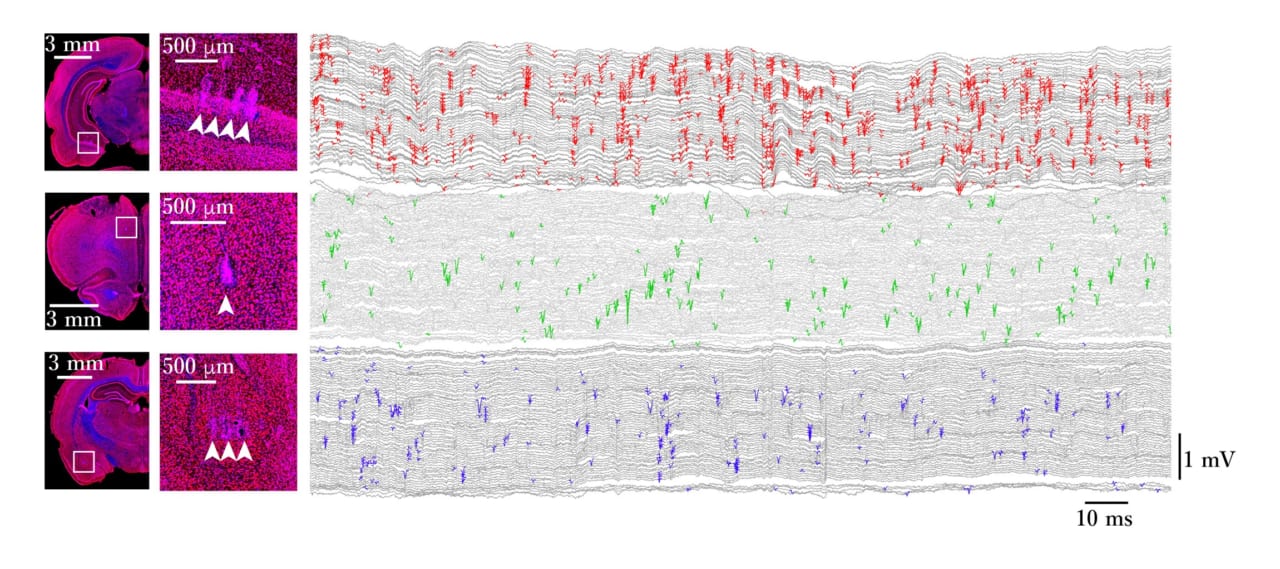A01Analyses of off-line learning algorithm during sleep by using super large-scale electrophysiology
During sleep, the brain is disconnected from sensory inputs. In other words, the brain is ‘off-line’ during sleep. However, brain remains highly active during sleep. In the hippocampus, a brain region essential for memory acquisition, neuronal activity patterns occurred during awake are reactivated during sleep. This neuronal ‘replay’ has important roles to off-line memory consolidation, the stabilization process of a newly acquired memory. It is known that the brain does not hold all experiences uniformly, but memorize important information more effectively. It is possible that the off-line memory consolidation is involved in selection of which information is kept in the memory.
As described above, off-line learning in neuronal circuit including the hippocampus is essential for memory function. However, learning rules in the hippocampus are still elusive. Actually, it is hard to construct hippocampal learning rules by examining activity in the hippocampus alone because hippocampal outputs are reflected to behavior and/or memory via farther information processing in other brain regions.
In this study, activities in the hippocampus and its projecting regions will be recorded simultaneously with single cellular resolution by using super large-scale electrophysiology. Through this recording, it will be revealed how off-line memory consolidation is accomplished during sleep and how more important information is consolidated more efficiently. These results would improve artificial intelligence further more.



